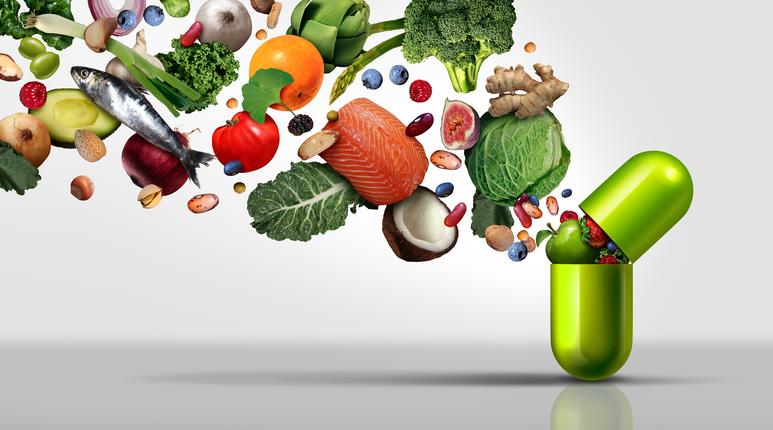01
04/2022
By Alfredo Carrato, member of the Group of Experts in Cancer Patient Nutrition (GENPO), professor and head of the Medical Oncology Service at the Ramón y Cajal University Hospital.
Cancer is one of the diseases of greatest health importance, due to its frequency, the impact it has on the quality of life of patients and their families, and its high mortality. In recent years, mortality rates have improved thanks to early diagnosis, advances in oncological treatments and patient support, for which adequate nutritional treatment is essential, as stated in the recommendations of a report prepared by the Group of Experts in Cancer Patient Nutrition (GENPO).
Cancer patients have a higher risk of suffering from malnutrition, due both to the effects induced by the tumor, and to the consequences of treatments with surgery, chemotherapy or radiotherapy. Early recognition of the risk of malnutrition and early and regular nutritional intervention in cancer patients can stabilize or reverse weight loss in 50% to 88% of cases. For this reason, nutritional treatment should be directed firstly to carrying out adequate dietary advice, which also includes aspects of lifestyle, such as physical exercise adapted to the patient's situation.

Although nutrition is an important component of multimodal cancer management, recent European studies show that only 30-60% of cancer patients who are at risk of malnutrition receive adequate nutritional treatment. Malnutrition in cancer patients must be a priority and transversal element within the framework of health strategies and policies.
An adequate nutritional status in cancer patients improves their quality of life, their tolerance to antitumor treatments, and reduces complications and mortality. Establishing an early detection system through a tool that is easy to apply for professionals and an adequate nutritional intervention would achieve cost savings that could reach up to 48 million annually in a hospital with around 1,000 beds, in addition to achieving a positive social return.
Along with temperature, blood pressure and heart rate, the nutritional evaluation of cancer patients should become the fourth vital sign, since it decisively influences the tolerance and efficacy of cancer treatments, which continues to be one of the main causes of death. morbidity and mortality in the world.
Supplemental parenteral nutrition should be taken into account not as a treatment that is implemented at the end of the patient's life, but as an effective intervention preferred by the patient to enteral nutrition, generally by nasogastric tube, which is also cost-effective. .

- 1257
- a preferred women's health clinic
Related Articles
How many sit-ups should I do a day to get rid of my belly?
30/01/2022Flattening the abdomen or reducing the fat in this area is a difficult task. But don't despair, we will solve the question: how many sit-ups should I do a day to eliminate the belly. Abdominal fat...
Jalisco The Ministry of Health invites men and women to learn about family planning services
04/02/2022The Jalisco Ministry of Health invites men and women of reproductive age to learn about and use the various services offered by the Family Planning and Contraception Program, which...
Telva International day against gender violence: screens multiply mistreatment against women
01/02/2022SaludUpdated Change of scenery, same victims. On the International Day for the Elimination of Violence against Women, we highlight how aggressions have been copied to the digital sphere, increasing...
Coronavirus Spain today | | Health The Trust Project
18/03/2022The Ministry of Health has reported 3,261 new coronavirus infections and 155 deaths, while the cumulative incidence drops more than six points in 24 hours to 109.3 cases. There is...